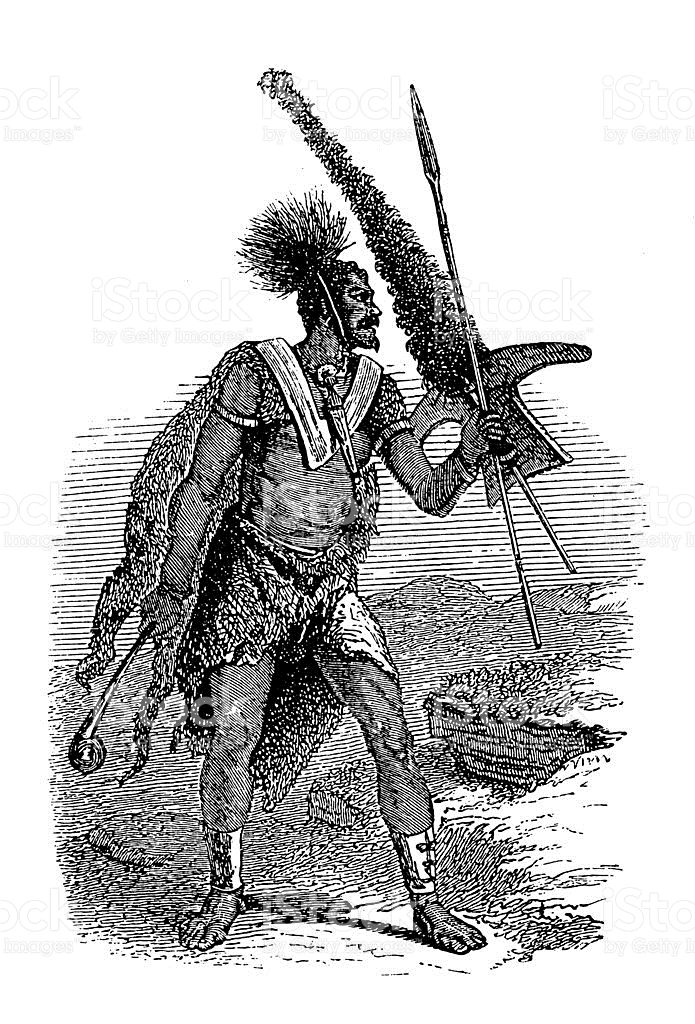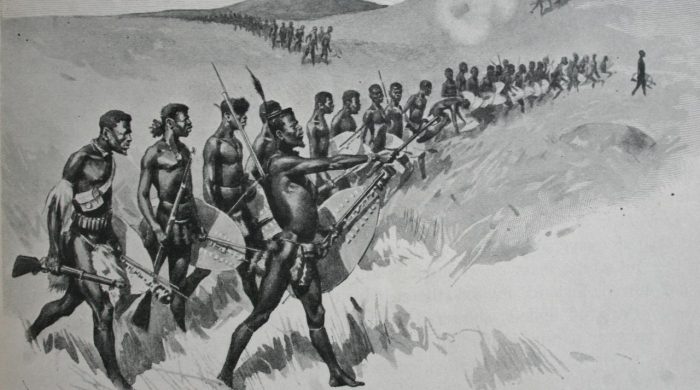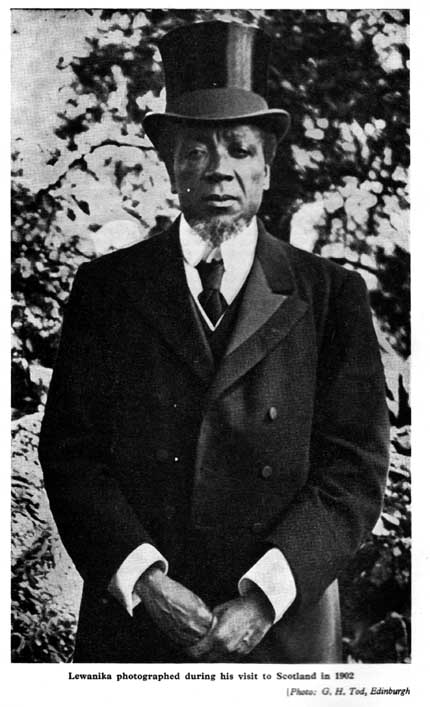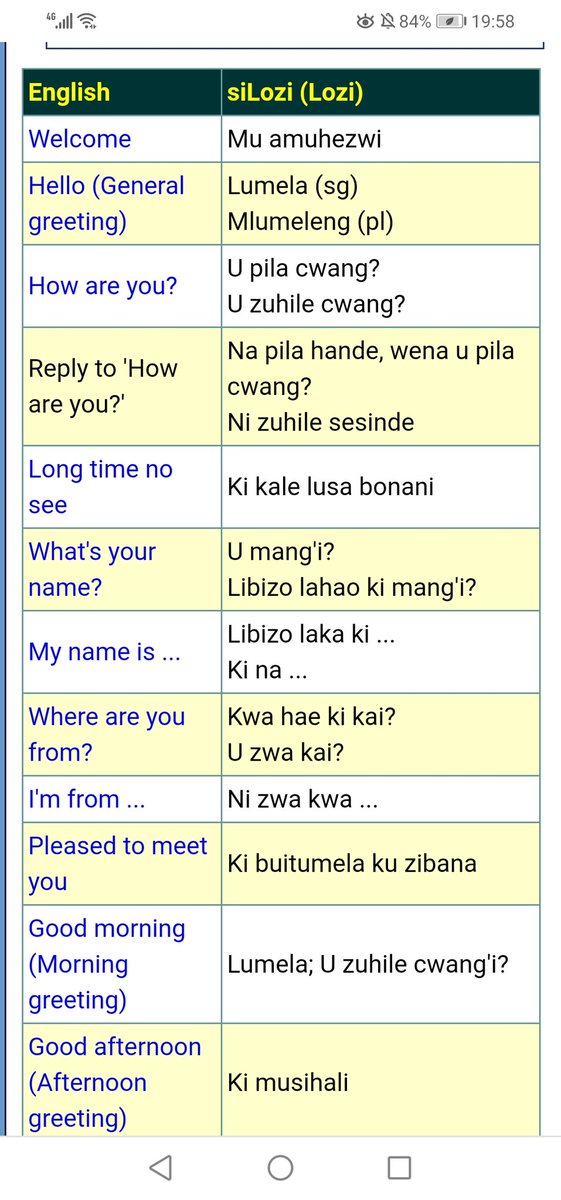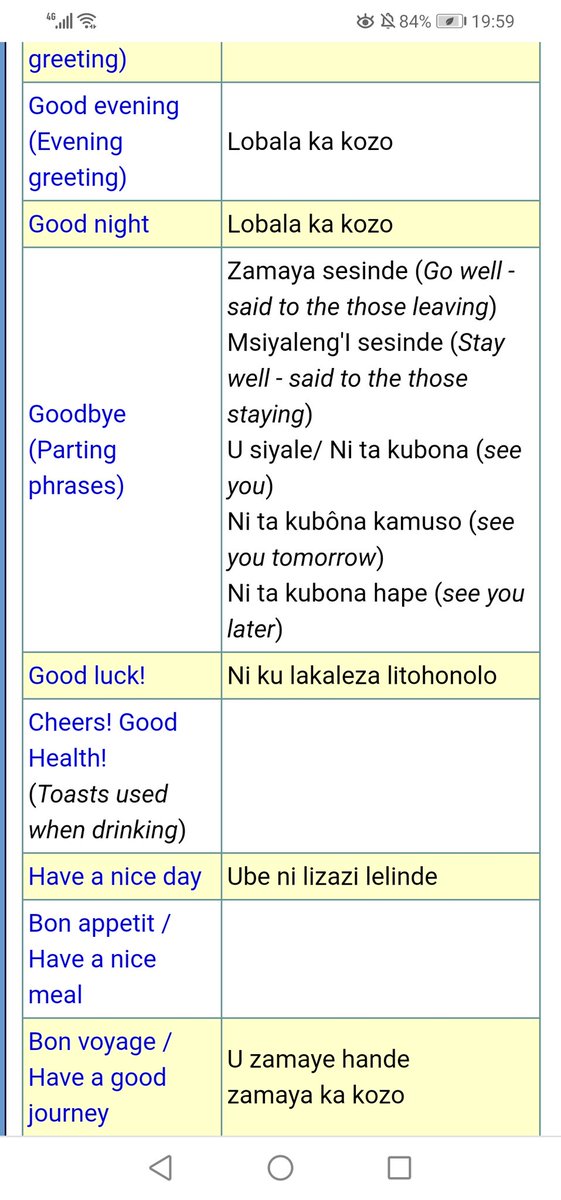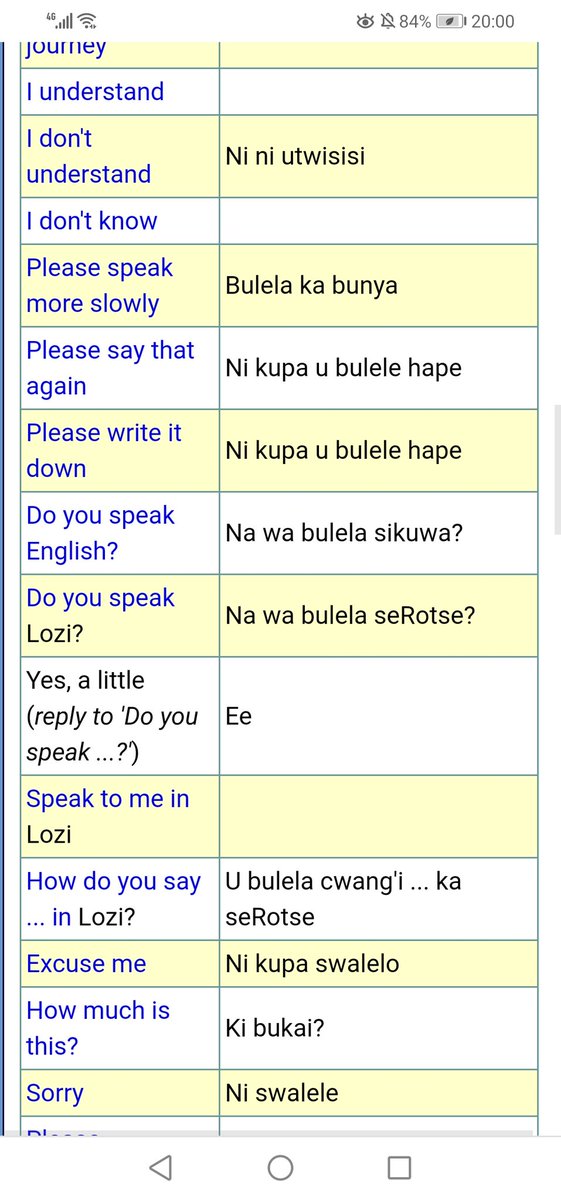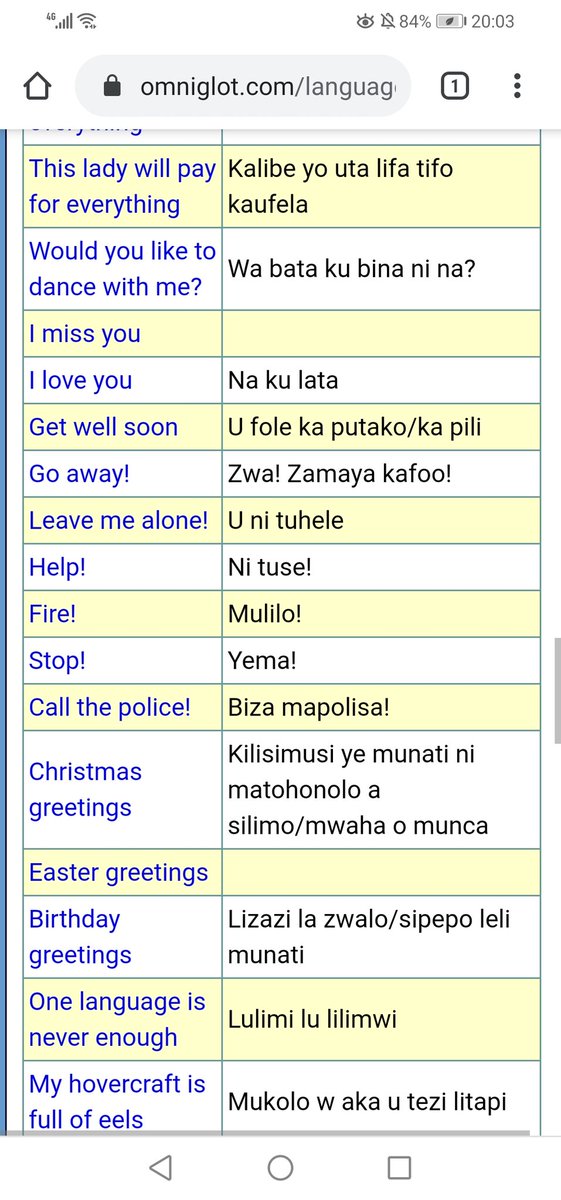1. THE UNIQUE SOTHO HERITAGE OF THE LOZI PEOPLE OF ZAMBIA
Umnxeba... https://abs.twimg.com/emoji/v2/... draggable="false" alt="🧵" title="Thread" aria-label="Emoji: Thread">
https://abs.twimg.com/emoji/v2/... draggable="false" alt="🧵" title="Thread" aria-label="Emoji: Thread">
The last time we discussed the Sotho Kgosi Sebetwane/Sebetoane is when we made reference to his battle with Queen Nyamazana, Zwangendaba’s niece, over the control of the modern day Zimbabwe plateau.
Umnxeba...
The last time we discussed the Sotho Kgosi Sebetwane/Sebetoane is when we made reference to his battle with Queen Nyamazana, Zwangendaba’s niece, over the control of the modern day Zimbabwe plateau.
2. Kgosi Sebetwane falls in the same category of warriors like Mzilikazi, Soshangane & Zwangendaba who trekked from their original homelands & established new kingdoms & nations. Fleeing from Queen Mathantisi Sebetwane also traversed accross SADC as he built his Kololo nation.
3. Sebetwane originated from the Bafokeng clan of the BaSotho people & was chief of the Patsa. He migrated with his BaSotho people who later became known as Makololo. Around 1830 he invaded Barotseland in south western Zambia & conquered the Lozi.
4. Through conquest & assimilation by the Kololo, the Lozi language spoken in Zambia evolved from a mixture of Luyana & Kololo. Lozi language is therefore most closely related to Sesotho, SeTswana, & SheKgalagari. It is classified within the Sotho-Tswana branch of Zone S (S.30).
5. Distinguished as both a warrior and a statesman, Sebetwane was able to consolidate his military gains by his generous and just treatment of the conquered peoples.
6. A maverick politician, Sebetwane maintained a peaceful kingdom, despite the numerical disadvantage of his own Kololo people. He prevented them from forming an aristocracy & he also delegated authority to conquered chiefs.
7. Sebetwane died in 1851 & was succeeded by his son Sekeletu. During Sekeletu& #39;s reign the state weakened. In the 1880s the Kololo rulership was overthrown & the Kololo were absorbed into a reemerging Lozi state under the reign of the legendary Lewanika.
8. This thread therefore answers the question why the Lozi language spoken in Zambia is similar to Sesotho & Setswana. It is important to also clarify that by the late 1880s the Luyana language had been long lost & forgotten hence the dominance of Sesotho in the Lozi language.

 Read on Twitter
Read on Twitter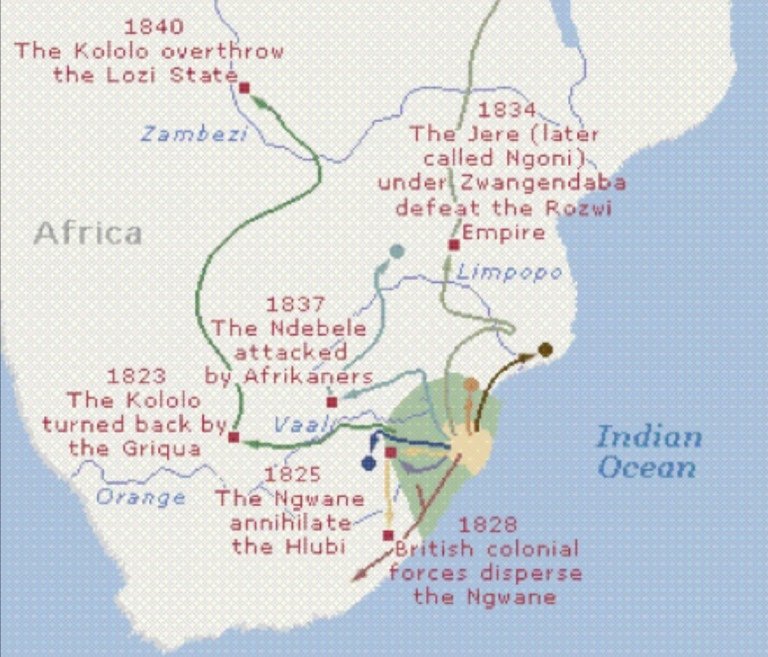 The last time we discussed the Sotho Kgosi Sebetwane/Sebetoane is when we made reference to his battle with Queen Nyamazana, Zwangendaba’s niece, over the control of the modern day Zimbabwe plateau." title="1. THE UNIQUE SOTHO HERITAGE OF THE LOZI PEOPLE OF ZAMBIA Umnxeba...https://abs.twimg.com/emoji/v2/... draggable="false" alt="🧵" title="Thread" aria-label="Emoji: Thread">The last time we discussed the Sotho Kgosi Sebetwane/Sebetoane is when we made reference to his battle with Queen Nyamazana, Zwangendaba’s niece, over the control of the modern day Zimbabwe plateau." class="img-responsive" style="max-width:100%;"/>
The last time we discussed the Sotho Kgosi Sebetwane/Sebetoane is when we made reference to his battle with Queen Nyamazana, Zwangendaba’s niece, over the control of the modern day Zimbabwe plateau." title="1. THE UNIQUE SOTHO HERITAGE OF THE LOZI PEOPLE OF ZAMBIA Umnxeba...https://abs.twimg.com/emoji/v2/... draggable="false" alt="🧵" title="Thread" aria-label="Emoji: Thread">The last time we discussed the Sotho Kgosi Sebetwane/Sebetoane is when we made reference to his battle with Queen Nyamazana, Zwangendaba’s niece, over the control of the modern day Zimbabwe plateau." class="img-responsive" style="max-width:100%;"/>
